Foundation Course: Indian Knowledge System
Curriculum
- 10 Sections
- 99 Lessons
- 30 Hours
Expand all sectionsCollapse all sections
- Indian Knowledge System – An Introduction:Understand and appreciate the importance of ancient knowledge to a society. Understand the term 'Indian Knowledge System' (IKS). Familiarize with the key components of the IKS. Develop some appreciation of IKS historicity.5
- The Vedic CorpusGet introduced to the overall organisation of the Vedic Corpus. Familiarise with the four Vedas and their sub-components. Recognize the multi-faceted nature of the knowledge contained in the Vedic Corpus. Appreciate the role of the Vedangas and develop a basic familiarity of the Vedängas.9
- Philosophical SystemsUnderstand the broad classification of Indian philosophical systems. Understand salient features of the philosophical systems belonging to the Vedic school. Understand salient features of the philosophical systems belonging to the non-Vedic school.14
- 3.0An introduction to philosophical systems
- 3.1Development of philosophy
- 3.2Unique features of philosophy
- 3.3Sāṅkhya approach of philosophy
- 3.4Introduction to Yoga
- 3.5Tenet of Nyāya philosophy
- 3.6Principles of Vaiśeṣika
- 3.7Doctrine of Pūrva-Mīmāṃsā Darśana
- 3.8Thesis of Vedānta and synopsis of Advaita
- 3.9Philosophy of Viśiṣṭādvaita
- 3.10Ideology of Dvaita
- 3.11Tenets of Jaina
- 3.12Doctrine of Buddhism
- 3.13Notions of Cārvāka
- Wisdom through the AgesDevelop a basic understanding of Puranic repository and the issues addressed. Understand the broad contents and the importance of the two epics (Ramayana and Mahabharata) and their contrasting approach. Familiarise with the issue addressed in Niti-śāstras in general and get to know some popular Niti texts. Appreciate the complementary role played by Subhasitas in sharing some useful nuggets for life.8
- Knowledge Framework and classificationsUnderstand the framework for establishing the right knowledge. Appreciate the Vaisesikan approach to describe the physical reality through various components and classifications. Get introduced to the Nyaya framework. Familiarise with Nyaya approach for resolving ambiguity through logic and argumentation.12
- 5.0Indian scheme of knowledge
- 5.1The knowledge triangle
- 5.2Prameya – A vaiśeṣikan approach to physical reality
- 5.3Dravyas – the constituents of the physical reality
- 5.4Attributes – the properties of substances and Action the driver of conjunction and disjunction
- 5.5Sāmānya, viśēṣa, samavāya
- 5.6Pramāṇa – the means of valid knowledge
- 5.7Saṃśaya – ambiguities in existing knowledge
- 5.8Framework for stablishing valid knowledge
- 5.9Deductive or inductive logic framework
- 5.10Potential fallacies in the reasoning process
- 5.11Siddhānta: established tenets in a field of study
- LinguisticsKnow the phonetical foundations in Sanskrit Language. Understand the basic structure of Sanskrit Language Grammar. Get introduced to some computational aspects in Aştādhyāyī. Appreciate the importance of verbs in Sanskrit Language. Appreciate the potential Sanskrit offers in Natural Language Processing.11
- Number Systems and Units of MeasurementUnderstand the key features of Indian Numeral System. Appreciate the key role it has played in advancement of Science and Technology. Understand how measures for time, length and weight were in use in Ancient India. Decipher the unique methods deployed to represent numbers. Identify the roots of modern-day binary system.6
- Health Wellness and PsychologyUnderstand Ayurveda's approach to Health and Wellness. Get to know the basic framework to health and disease management as spelt out in Ayurveda. Understand the importance of yoga way of living in maintaining a sound physical and mental health. Understand the distinctive aspects of Indian Psychology. Get acquainted with alternative frameworks to understand body-mind-intellect-consciousness that an individual is made of.16
- 8.0Introduction to health
- 8.1Āyurveda: approach to health
- 8.2Sapta-dhātavaḥ: seven-tissues
- 8.3Role of agni in health
- 8.4Tri-doṣas
- 8.5Āyurveda: definition of health
- 8.6Psychological aspects of health
- 8.7Disease management elements
- 8.8Dinacaryā: daily regimen for health & wellness
- 8.9Importance of sleep
- 8.10Food intake methods and drugs
- 8.11Approach to lead a healthy life
- 8.12Indian approach to psychology
- 8.13The tri guna system & holistic picture of the individual
- 8.14The Nature of Consciousness
- 8.15Consciousness studies and issues
- Town Planning and ArchitectureDevelop a historical perspective to town planning and architecture in ancient India. Get familiarised with the issues addressed in Västu-sästra. Develop a basic understanding of the limbs of Västu-śāstra. Understand alternative models for town (village) planning. Understand various aspects of temple architecture.7
- Governance and Public AdministrationUnderstand the relevance of Arthaśāstra in Public Administration. Understand the elements of the Kautilyan State. Get to know administrative set-up envisaged in Arthaśāstra. Get a glimpse of public administration ideas presented in the epics.11
- 10.0Introduction to raja dharma
- 10.1Arthaśāstra: a historical perspective
- 10.2Elements of a Kauṭilyan state
- 10.3The king & the Amātya
- 10.4Janapada & Durga
- 10.5Treasury and the State Economy (Kośa)
- 10.6Danda
- 10.7Mitra
- 10.8The Administrative Setup
- 10.9Relevance of Arthaśāstra
- 10.10Public Administration in Epics
Why do we need IKS?
Next

